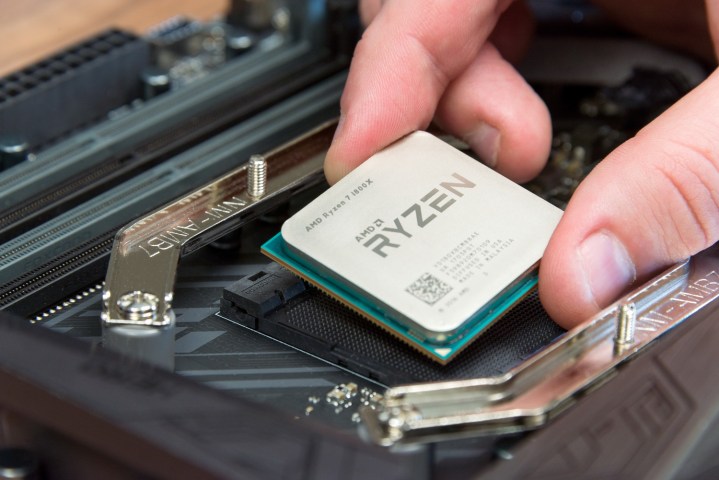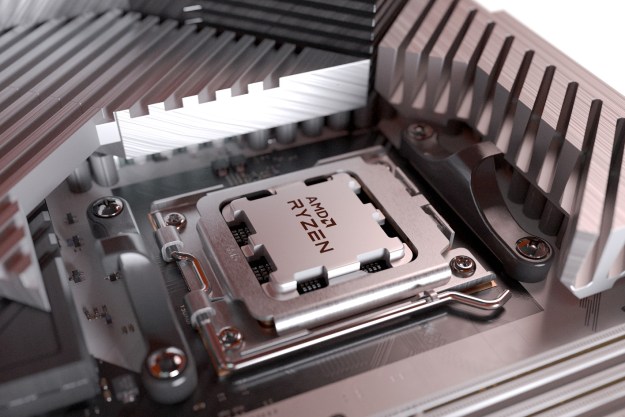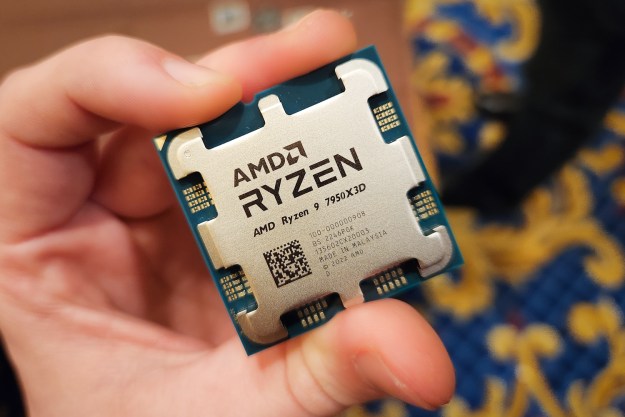
AMD’s new Ryzen CPUs are absolute powerhouses when it comes to multi-threaded support. In many scenarios where it can leverage its many cores and threads, the 1800X can keep pace with Intel CPUs which cost almost three times as much. The single-core performance wasn’t quite as impressive however and gaming specifically seemed to take a hit with the new architecture. AMD claims that is all going to change in the near future, though.
“CPU benchmarking deficits to the competition in certain games at 1080p resolution can be attributed to the development and optimization of the game uniquely to Intel platforms — until now,” AMD’s Corporate Vice President of Marketing John Taylor said in a statement to PC Perspective.
He added that AMD’s Ryzen CPUs were still excellent for gaming and that even without those optimizations in place, it offers “smooth frame rates and great experiences in GPU bound gaming.”
Moving forward, though, he said that AMD provided more than 300 developers with Ryzen devkit hardware and that by the end of 2017, more than 1,000 developers will have AMD hardware to optimize their games.
He also highlighted how developers like Oxide Games and Creative Assembly had individually released statements pointing out that optimizations to their engines have yielded “significant performance uplifts” when running on new Ryzen hardware.
Although it’s arguable that new hardware can be optimized for specific games — AMD and Nvidia routinely do this with new graphics driver releases — it’s harder to tell how accurate it is to suggest Intel has had more optimization focus from developers over the years. True, its processors have for the past decade been considered the best choice for gamers, but that is not to say there are no AMD CPU gamers out there.
On the other hand, Zen is a brand new architecture, AMD’s first for a long time. Games, too, are rarely optimized for a large number of cores and threads and we have seen results that suggest turning off AMD’s simultaneous multithreading (SMT) does have a noticeable effect on performance, according to Hexus.
With that in mind, Taylor’s argument is a plausible one, but not one that we can exactly prove either way. The proof will likely be in the CPU pudding. If we see significant improvements in Ryzen gaming performance in the months to come, we’ll know what was holding it back. As new games appear with more of a lead-in time with Ryzen hardware, we could see the chips perform far better than they do now.
Editors' Recommendations
- AMD Zen 5: Everything we know about AMD’s next-gen CPUs
- 4 CPUs you should buy instead of the AMD Ryzen 7 5800X3D
- The one AMD 3D V-Cache processor you should avoid at all costs
- Nice try, Intel, but AMD 3D V-Cache chips still win
- Intel just launched the ‘world’s fastest’ CPU





